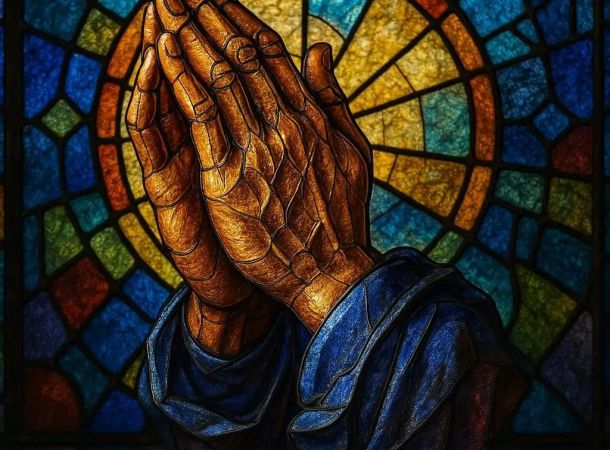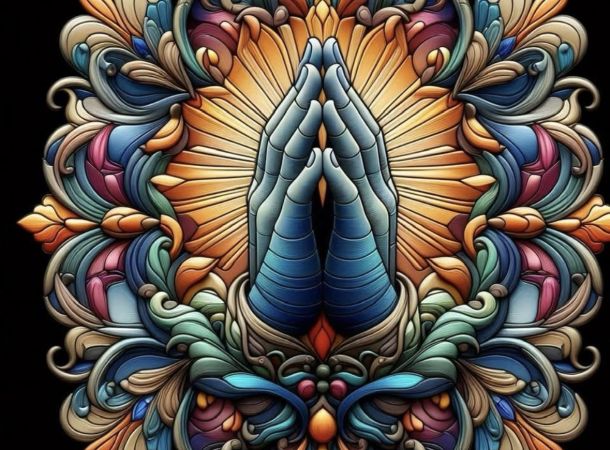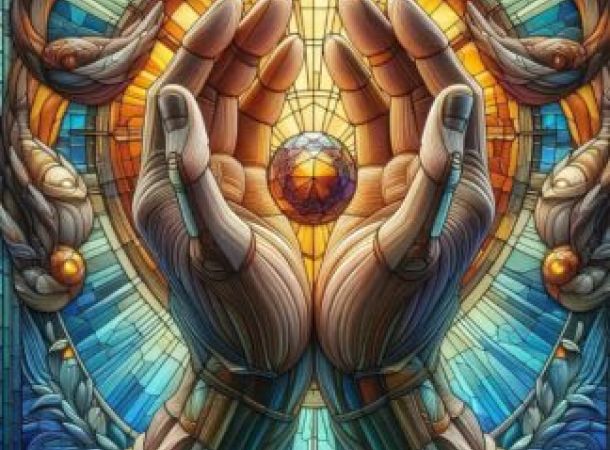The Cries of My Children
Much is happening in last week’s Torah Portion, Vayera, meaning, “And He appeared.” You can find this portion in Genesis 18:1-22:24. What would you say is the greatest enemy found in these chapters? From what I can see, it is the wickedness of humanity in the form of oppression. In the story of Noach, I explained that the wickedness that caused a decreation was the violence of deceit, but the evil in Lot’s story is one of oppression.
Genesis 19:13: For we will destroy this place, because the outcry against them has grown great before the face of the Lord, and the Lord has sent us to destroy it.
James 5:4: Behold, the wages of the workers who mowed your fields—which you kept back by fraud—are crying out against you. And the cries of the harvesters have reached the ears of the Lord of Hosts.
Exodus 3:9: Now therefore, behold, the cry of the children of Israel has come to Me, and I have also seen the oppression with which the Egyptians oppress them. (all bold accents added)
You can see from the verses above how the Scriptures describe people crying out to God when they are oppressed. Oppression is an abuse of power over others. It is unjust when people gain from depriving others of their needs. God hates this, and this behavior instigated another decreation cycle, ending in destruction and death. The cities surrounding where Abraham pitched his tent were filled with oppression and violence once again, rising as enemies to the Holy One.
Genesis 13:13: But the men of Sodom [were] wicked and sinners before the LORD exceedingly.
Psalm 11:5- 6: The Lord tests the righteous, but the wicked and the one who loves violence His soul hates. Upon the wicked, He will rain coals; Fire and brimstone and a burning wind shall be the portion of their cup.
Some commentators believe the wickedness of Sodom and its sister cities to be a lack of hospitality, and some say it was sexual uncleanliness. Others think it was insatiable greed and evil gain. Whichever one reconciles with you, they all point to the iniquity of men.
https://www.chabad.org/parshah/indepth/default_cdo/aid/35873/jewish/Vayera-In-Depth.htm
Abraham was a family man. God asked him to leave everything to follow His voice. Abraham left his father’s home but took his family with him. He took care of them, protected them, and shared all of his resources with them; they were his heart and soul. His deepest desire was to have children to leave a righteous inheritance to. He wanted to fill the earth with the knowledge of God. It would become the most challenging test of Abraham’s life when God asked him, “Do you love me more than the child that you prayed for and I gave you?” (not an actual verse)
Genesis 22:2: Then He said, “Take now your son, your only son Isaac, whom you love, and go to the land of Moriah, and offer him there as a burnt offering on one of the mountains of which I shall tell you.”
In the end, I believe this story tells us about the heart of God. Abraham is called the father of our faith (Gl 3.6). The scriptures describe God as our Father (1 Cor. 8.6). Abraham led his beloved son up a mountain. God led Yeshua up Golgatha hill (Mk 15.22). Isaac lugged the wood of his demise up Mt. Moriah (Gn 22.6). Yeshua carried the wood He would die on up a mountain (Jn 19.16). Isaac trusted in his father’s plan, just as Yeshua did. The heavenly Father asks all of us to trust in a way that instead of holding onto our life, our plans, goals, desires, and selfish ambitions, we release to gain it all: LIFE. For Abraham, there was a substitute ram caught in a TREE (Gn 22.13). For us, Yeshua is the substitute offering who died on a tree, so we don’t have to. Die to ourselves, yes; die forever, no.
Matthew 16:25: For whoever wants to save his life will lose it, but whoever loses his life for My sake will find it.
John 12:25: He who loves his life will lose it, and the one who hates his life in this world will keep it forever.
Revelation 12:11: They overcame him by the blood of the Lamb and by the word of their testimony, and they did not love their lives even in the face of death.
It is counterintuitive because our instinct is to survive and self-protect. For this reason, faith is when we believe deep in our hearts that God wants to protect us, provide for us, and give us life. If we trust, like Abraham, that this is His will for us, then we do not have to guard ourselves, put our needs first every time, devour others to meet our goals or hog our resources out of fear of losing them. Our survival instinct is still at play; we just trust that God will lead us to safety. It will change how we live in this world. Abraham saw God as loving and trustworthy, and God showed Himself to Abraham to be just that.
Psalm 18:26: With the pure You will show Yourself pure; And with the devious You will show Yourself shrewd.
John 10:10: The thief (the wicked) comes only to steal, slaughter, and destroy. I have come that they might have life, and have it abundantly!
Genesis 15:6: And he (Abraham) believed in the Lord, and He accounted it to him for righteousness.
Psalm 23:1-6: The Lord is my shepherd; I shall not want. He makes me to lie down in green pastures; He leads me beside the still waters. He restores my soul; He leads me in the paths of righteousness for His name’s sake. Yea, though I walk through the valley of the shadow of death, I will fear no evil, for You are with me; Your rod and Your staff, they comfort me. You prepare a table before me in the presence of my enemies; You anoint my head with oil; My cup runs over. Surely goodness and mercy shall follow me all the days of my life, and I will dwell in the house of the Lord forever.




Leave a Reply